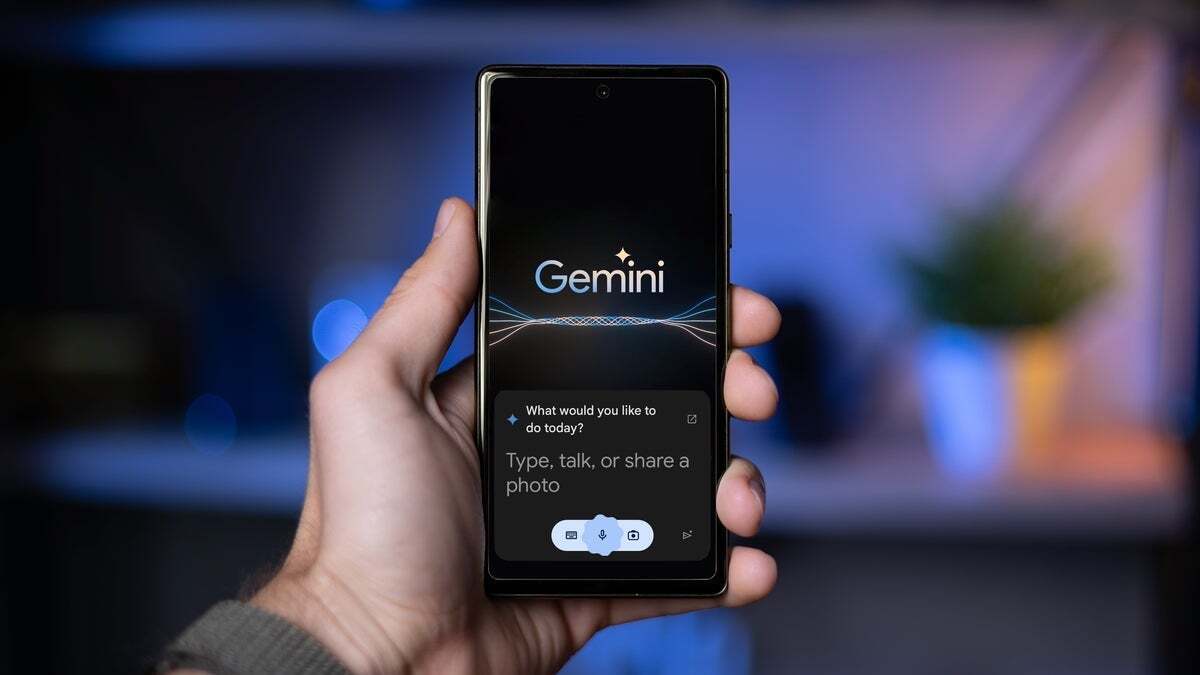However, former UK Deputy Prime Minister Nick Clegg now says that AI companies shouldn’t need to seek permission to use copyright-protected data. It’s important to note that Clegg previously served as a Meta executive. During an event to promote his book “How to Save the Internet”, he takes the side of the AI industry on the issue.
Clegg said that forcing tech firms to comply with copyright laws and notify right holders when protected content is used to train AI would be the end of the UK’s AI industry. He argues that the content is already publicly available, and AI systems need quite a lot of data to improve their reasoning.

Generative AI is now on everyone’s minds. | Image Credit – PhoneArena
According to him, copyright laws are incompatible with AI. If companies, he claims, are forced to require permission every time they need to train a model, this would make the entire tech unworkable. He believes that artists and right holders should be able to opt out of data scraping for AI, but seeking confirmation isn’t, to him, a viable solution.
The former Meta executive stated that people should have a clear and easy way of saying they don’t want to be a part of AI training.
The new Data (Use and Access) Bill aims to regulate access to customer and company data. Film director Beeban Kidron is leading a coalition of artists and authors and pushes to amend the law, requiring AI companies to disclose the data they use for their models… but the Parliament rejected the proposal.
Meanwhile, Kidron accused the UK government of approving a plan to facilitate mass cultural theft. The accusation here is that UK authorities are letting AI companies use copyrighted materials freely… and also underlines that opting out would be impossible without actual, proper transparency. Which, I personally agree with. The draft is expected to return to the House of Lords for a new vote on June 2.

